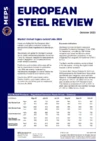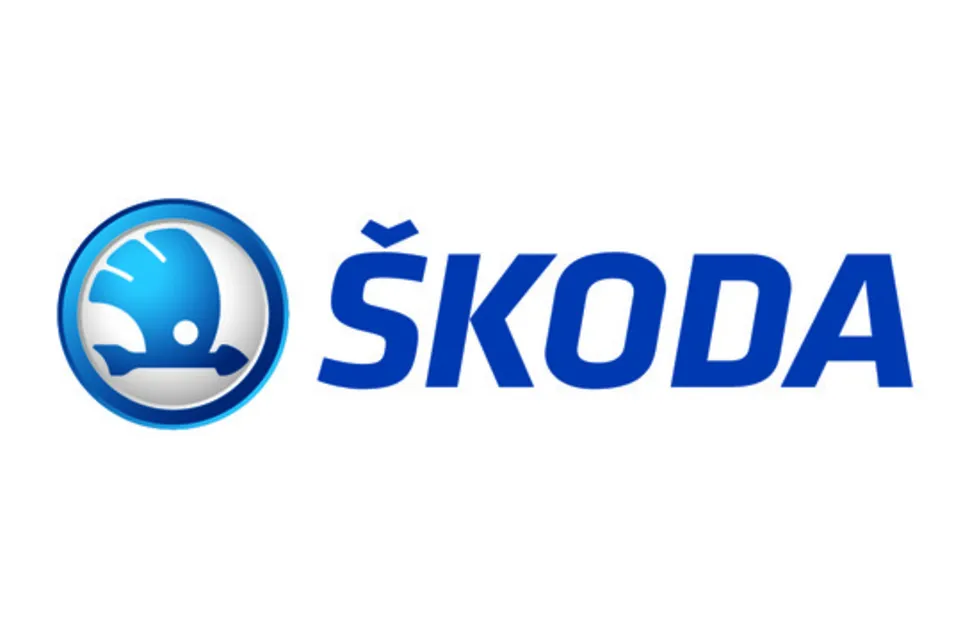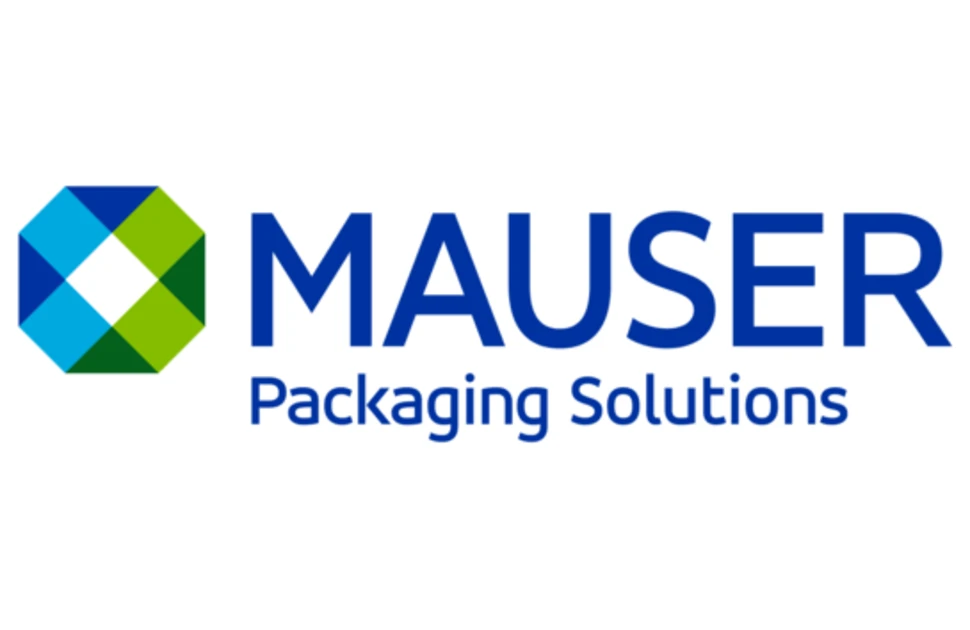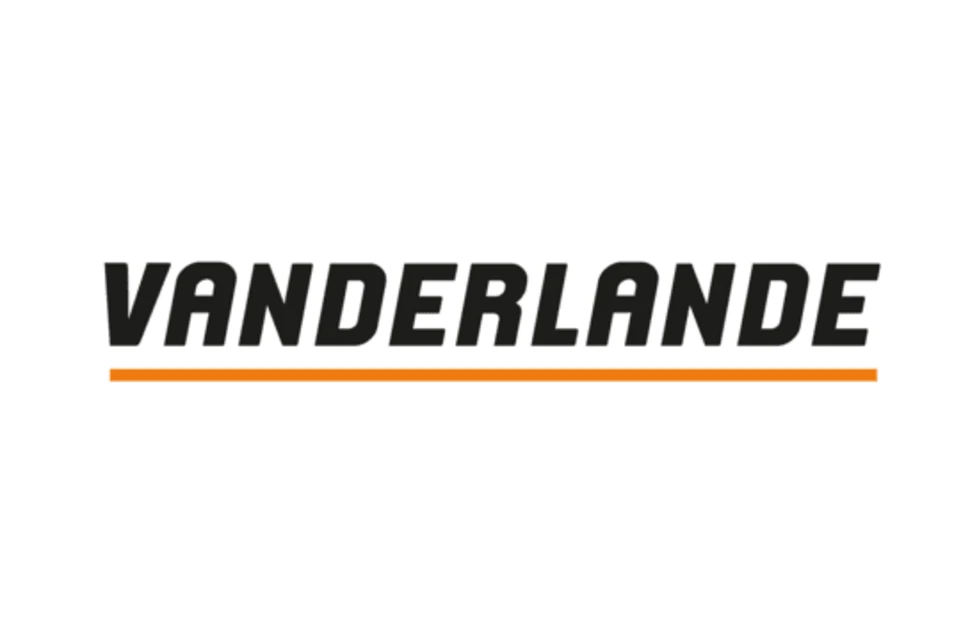Steel industry boost from ECB rate cuts will take time
The European Central Bank’s first interest rate cut will do little to revive the region’s subdued steel industry in the near term, MEPS analysts suggest.
The ECB announced this afternoon (June 6) that its Governing Council had decided to lower its key interest rate by 0.25 percentage points, to 3.75%. It is the first cut since 2019 and ends nine months at a 4% rate that placed pressure on the financing of key steel-consuming sectors such as construction and automotive.
Respondents to MEPS International’s steel market research for its monthly European Steel Review have cited interest rate cuts as a key stimulus for improved economic confidence in recent months. Today’s announcement is likely to improve market sentiment and any reduction in the cost of borrowing could result in an uptick in activity.
However, MEPS market analyst Jonathan Carruthers-Green said that those expecting an immediate uptick in activity following the interest rate cut will be disappointed. Carruthers-Green described the step as “welcome news”, but added: “It is only a small reduction in the headline rate. It could take up to nine months for any positive effects to be felt by the steel industry.
“Our most recent conversations with market participants show that the recent lull in activity is likely to continue. Market sentiment may be marginally higher than in May, however demand and prices both remain weak."
Inflation to remain 'above target'
The ECB said that inflation had fallen by more than 2.5 percentage points since its Governing Council meeting in September 2023, adding that the inflation outlook had “improved markedly” in that time.
Euro area annual inflation is expected to rise from 2.4% to 2.6% in May 2024, according to a flash estimate from Eurostat, the statistical office of the European Union. The figure has remained below 3% since October 2023, however, and is well below its 10.8% peak of October 2022.
The ECB warned in today’s statement that inflation is likely to stay above its 2% target well into next year, despite the relative stability of recent months. Both headline and core inflation have been revised up for 2024 and 2025 compared with the March projections, it said.
Headline inflation is now expected to average 2.5% in 2024, 2.2% in 2025 and 1.9% in 2026. Core inflation (excluding energy and food) is expected to average of 2.8% in 2024, 2.2% in 2025 and 2.0% in 2026. Economic growth, meanwhile, is expected to pick up to 0.9% in 2024, 1.4% in 2025 and 1.6% in 2026.

Source:
European Steel Review
The MEPS European Steel Review is an informative, concise and easy-to-use monthly publication, offering unique professional insight into European carbon steel prices.
Go to productRequest a free publication





